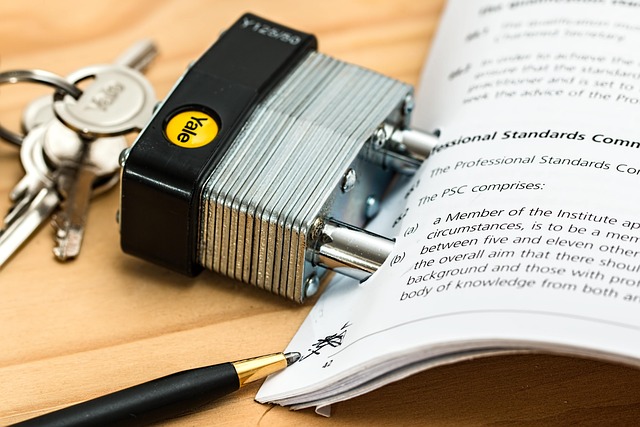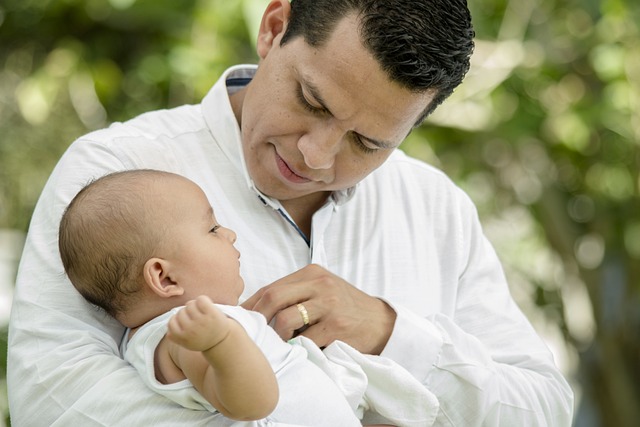Grandparent custody disputes arise when parents become unable or unwilling to care for their children, prompting grandparents to seek legal custody based on love and desire to maintain a significant role. These disputes balance familial bonds with legal considerations regarding the child's best interests, established parent custody arrangements, and overall well-being. Navigating them requires strategic steps: consulting a qualified family law attorney, gathering evidence (medical records, school reports), preparing legal documentation, and focusing on stability, love, and care in presentations to support grandparent custody claims. Professional legal guidance is crucial for grandparents seeking fair outcomes that recognize their significant role in their grandchildren's lives.
Grandparent custody disputes can be emotionally charged and complex, but legal assistance can provide a clear path forward. Understanding your rights and the legal framework surrounding grandparent custody is crucial. This article guides you through the process, from recognizing common issues to navigating key steps for resolution. Discover effective strategies with professional guidance to ensure fair outcomes for all involved parties in these delicate grandparent custody disputes.
- Understanding Grandparent Custody Disputes: Rights and Legal Framework
- Navigating the Legal Process: Steps to Resolve Disputes Effectively
- Strategies for Success: Ensuring Fair Outcomes with Professional Guidance
Understanding Grandparent Custody Disputes: Rights and Legal Framework

Grandparent custody disputes often arise when a grandchild’s primary caregivers, typically their parents, become unable or unwilling to care for them. In such cases, grandparents step forward to claim legal custody, driven by their love and desire to maintain a significant role in the child’s life. Understanding the rights and responsibilities within this complex scenario is crucial.
Legally, grandparent custody disputes are navigated through specific laws that vary by jurisdiction. These laws recognize grandparents’ natural bond with their grandchildren and aim to protect the child’s best interests. In many cases, grandparents must demonstrate a substantial relationship with the child and a capable ability to provide care. The legal framework also considers the preferences of the parents, especially if they have established custody arrangements, and the child’s overall well-being.
Navigating the Legal Process: Steps to Resolve Disputes Effectively

Navigating the legal process to resolve grandparent custody disputes requires careful steps to ensure a fair and just outcome. The first step is to consult with an experienced family law attorney who specializes in grandparent custody cases. This expert can provide guidance tailored to your specific situation, ensuring all legal options are explored. They will help you understand the applicable laws, rights, and responsibilities regarding grandparent custody in your jurisdiction.
Next, gathering comprehensive documentation is crucial. Collect evidence supporting your case, such as medical records, school reports, and any history of parental involvement. This process involves preparing and filing the necessary legal documents, including petitions or motions for custody, along with supporting affidavits. Your attorney will assist in crafting arguments that highlight the best interests of the child, emphasizing factors like stability, love, and care within your family unit. Effective communication with all parties involved is essential to resolve disputes amicably.
Strategies for Success: Ensuring Fair Outcomes with Professional Guidance

In navigating complex grandparent custody disputes, professional legal guidance is invaluable. Experienced attorneys specializing in family law can offer a multitude of strategies tailored to each unique situation. These experts help grandparents present their case effectively, ensuring their love and commitment to their grandchildren are recognized by the court. They also assist in gathering relevant evidence, such as medical records, educational documents, and witness statements, which strengthen the grandparent’s position.
Legal professionals can navigate the emotional landscape of these disputes, providing objective advice and representing grandparents’ interests fiercely. By employing strategic legal maneuvers, they aim to achieve fair outcomes, recognizing the significant role grandparents often play in a child’s life. This guidance is crucial for grandparents seeking to maintain or gain custody, ensuring their rights are protected and their bond with their grandchildren is preserved.














